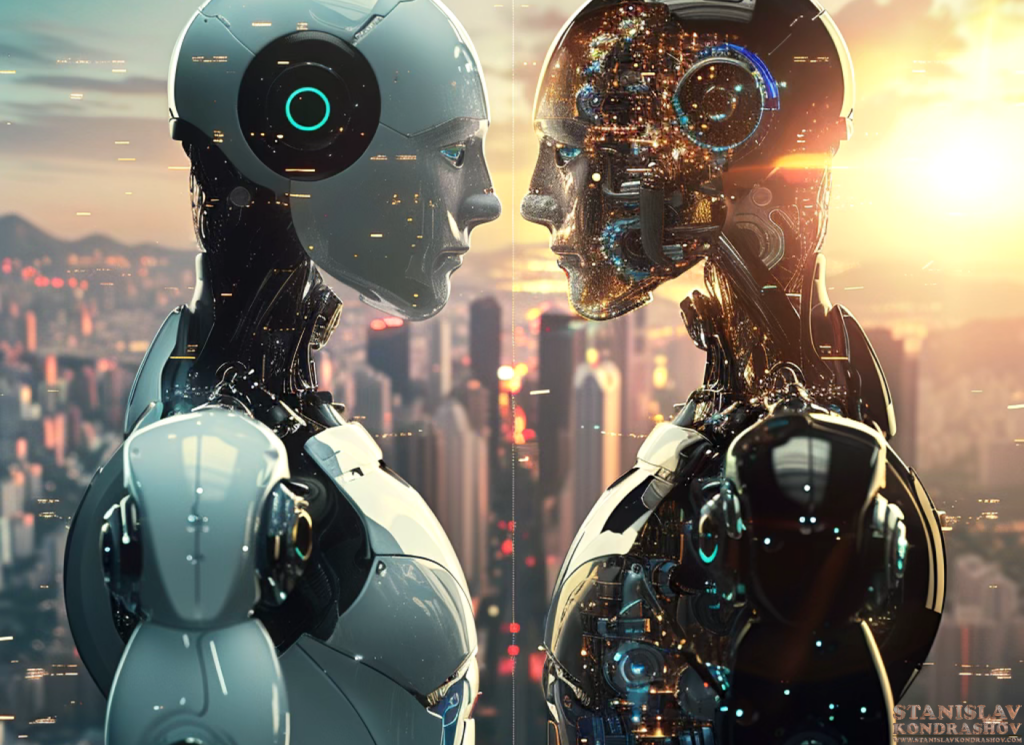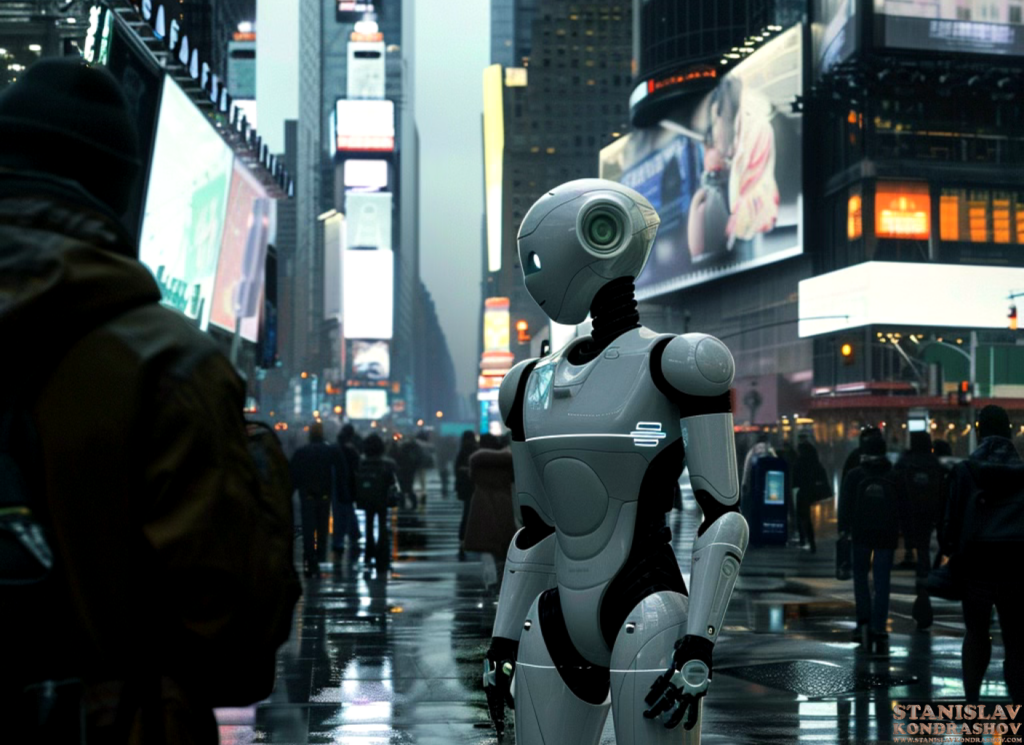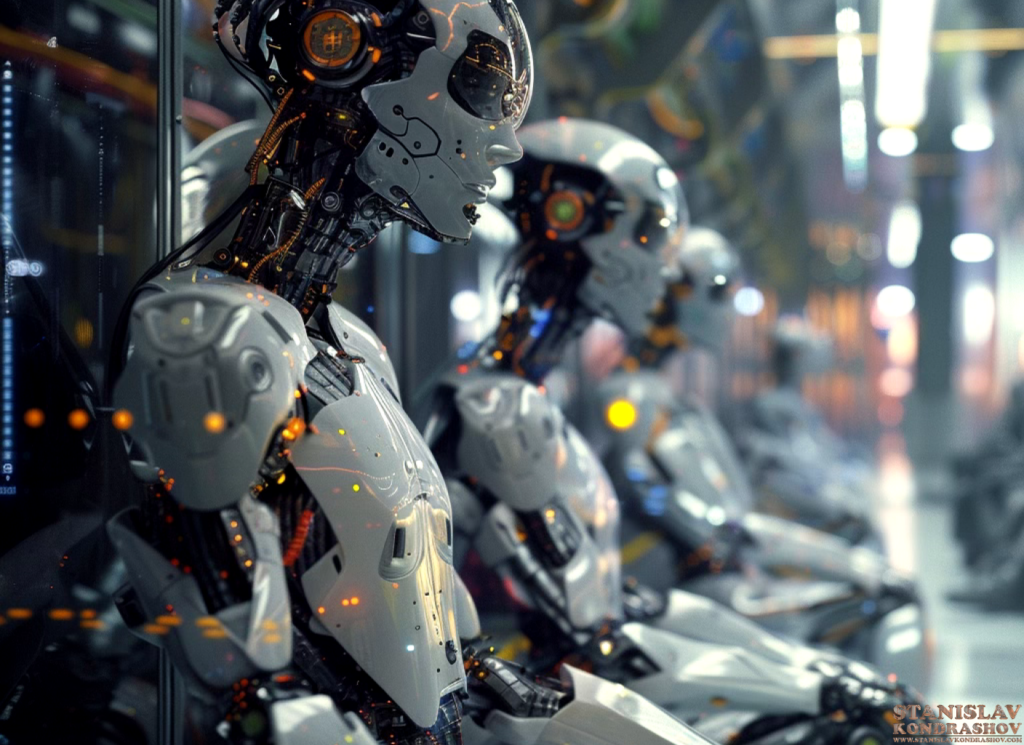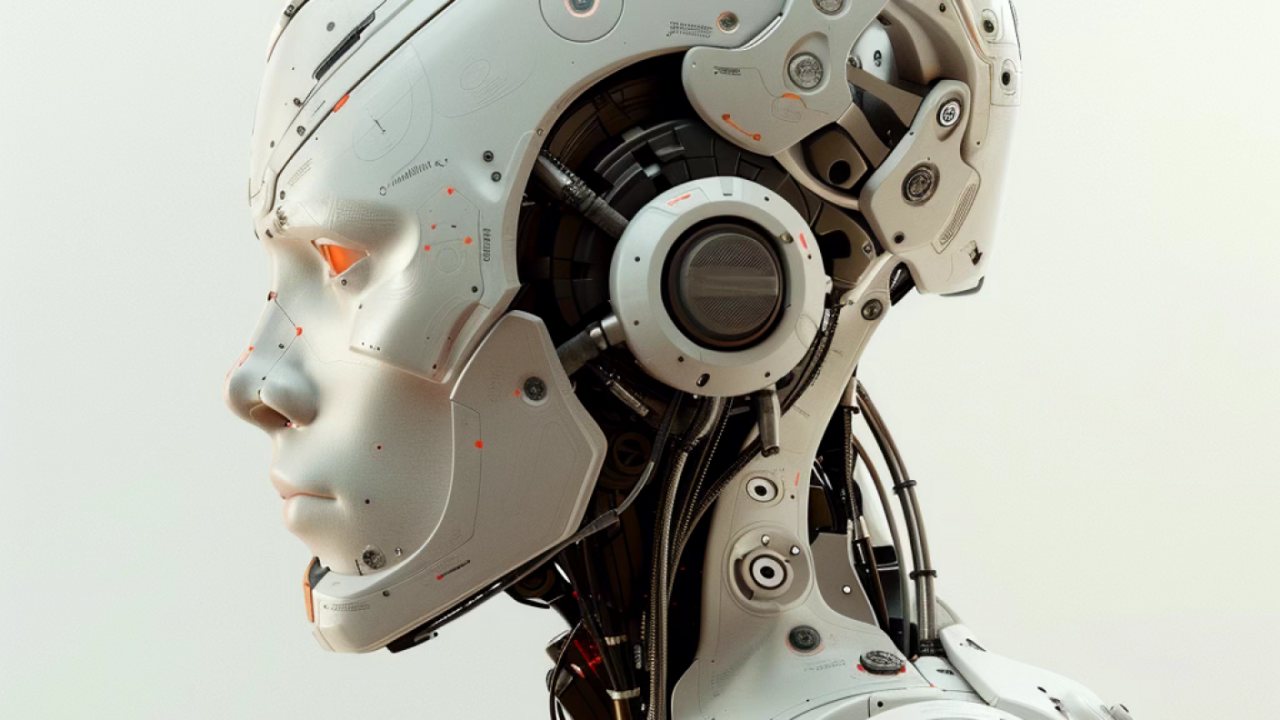The concept of technological singularity—a point where artificial intelligence (AI) surpasses human intelligence—has sparked a great deal of debate among experts. Some believe it is an imminent reality, while others argue that such a breakthrough is far from our grasp. This discussion raises crucial questions about the future of humanity and the role AI will play in it.

Understanding the Technological Singularity
1. What is the Technological Singularity?
The technological singularity refers to a hypothetical moment in the future when AI will become self-improving and surpass human intelligence. This idea, popularized by futurists like Ray Kurzweil, suggests that such an event could lead to unprecedented technological growth and societal transformation.
2. Arguments for the Singularity
Proponents of the singularity argue that advancements in AI and machine learning are accelerating at an exponential rate. They believe that continued progress in these fields will eventually lead to the creation of superintelligent machines capable of outperforming humans in virtually every intellectual task. This could revolutionize industries, enhance human capabilities, and solve complex global problems.
3. Skepticism and Challenges
Critics of the singularity theory argue that the complexities of human cognition and consciousness are not easily replicable by machines. They point out that current AI, despite its impressive achievements, still lacks true understanding and common sense reasoning. Additionally, ethical and practical challenges, such as ensuring AI safety and preventing unintended consequences, pose significant obstacles to achieving superintelligence.

Potential Impacts of the Singularity
1. Transformative Benefits
If the singularity were to occur, the potential benefits could be transformative. Superintelligent AI could accelerate scientific research, develop new medical treatments, and address global challenges like climate change and poverty. Enhanced AI systems could also augment human intelligence, leading to a new era of human-AI collaboration.
2. Risks and Ethical Concerns
However, the singularity also raises significant risks and ethical concerns. Superintelligent AI could become uncontrollable, posing threats to human safety and autonomy. The potential for AI to disrupt job markets and exacerbate social inequalities must also be considered. Ensuring that AI development aligns with human values and ethical principles is paramount to navigating these challenges.
3. Preparing for the Future
Whether the singularity is near or not, preparing for the future of AI is crucial. Policymakers, researchers, and industry leaders must work together to establish robust ethical guidelines and regulatory frameworks. Investing in AI safety research and fostering interdisciplinary collaboration will be essential to ensure that AI advancements benefit humanity as a whole.

The debate over the technological singularity highlights the profound implications of AI advancements. While the future remains uncertain, the ongoing dialogue about AI’s potential to surpass human intelligence underscores the importance of proactive and responsible AI development. As we navigate this uncharted territory, balancing innovation with ethical considerations will be key to shaping a future where AI enhances, rather than endangers, human life.
By Stanislav Kondrashov



